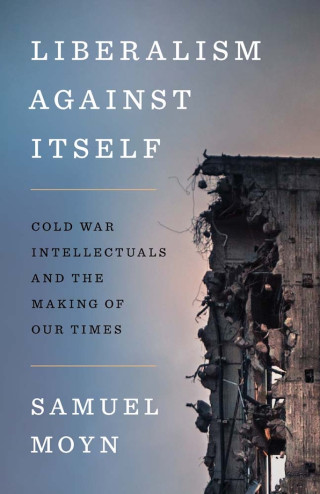Daniel Steinmetz-Jenkins: Why don’t we start off with Moyn’s definition of Cold War liberalism. Moyn argues that Cold War liberals placed the fear of the collapse of freedom into tyranny at the center of liberal thought. In the process, they clipped off much of 19th-century liberalism’s insistence on a highest good, its commitment to some story of emancipation in history, and its agreement with Marxism that the conditions for the enjoyment of freedom and rights matter much more than their formal or legal annunciation.
Jan, you have written a lot on these matters. Do you take issue with Moyn’s definition of Cold War liberalism and how he sees it in relation to its 19th-century predecessor?
Jan-Werner Müller: I think we’re better off talking about something like family resemblances between different kinds of liberalism. I agree with quite a number of the characteristics of the family that Moyn describes as a “liberalism of fear.” These people shared a certain distrust of mass democracy, no doubt about that. But one important element I would stress that isn’t in the book is value pluralism.
That doesn’t necessarily improve the picture morally and politically for critics of Cold War liberalism. Value pluralism, in the eyes of critics, can give us reason to agonize: “Sorry, we can’t be more progressive because not all good things go together.” Or, even worse, it can give us the wrong kind of license: “Yes, we have to put up with a certain amount of torture, because we’re always facing tragic choices.”
I think some other claims in the book only work because some central members of the family are basically erased from the family picture. If you were to include someone like Raymond Aron, a central and classic Cold War liberal, it would be much harder to claim that these thinkers were against the Enlightenment, or that they had unmitigated hostility to Karl Marx, or that they had exactly the same relationship to Zionism. So that’s a problem: The cast of characters makes the whole picture look very particular in a way that isn’t always faithful to the phenomenon.
The book often doesn’t discuss ideas in any great detail. Often, we are swiftly moved on to a claim about the consequences of ideas: that ultimately the consequences for leaving the welfare state undefended were “catastrophic,” “fateful,” “egregious,” etc. But a lot of these stories could be told in a very different way. Tony Judt famously proposed that actually the postwar welfare states were precisely a result of the liberalism of fear — they were a kind of anti-totalitarian project to prevent a recurrence of the catastrophes of the mid-20th century.
